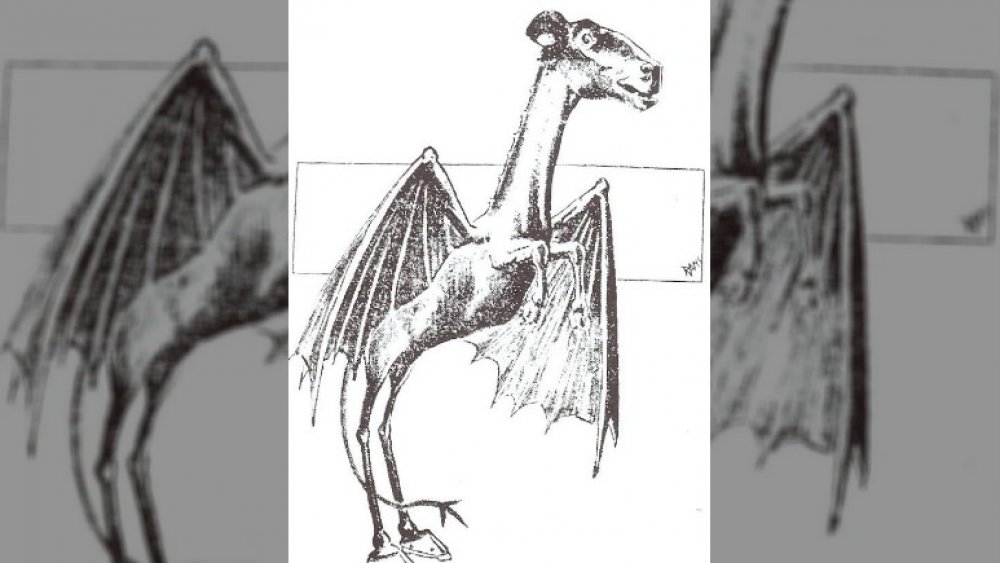
What’s Worth Knowing About Animal Intelligence
Brainy Bees
As humans, we sure do admire bee efficiency, but generally, we assume they are just tiny, well-programmed robots. Researchers are now uncovering a range of cognitive skills that were previously believed to only belong to larger animals. At the Queen Mary University of London, in the Bee Sensory and Behavioural Ecology Lab, researchers found that bees count in simplistic ways and can even recognize faces. More recently, the lab has found that bees can be trained to differentiate between colors more accurately than was previously thought. The lab is also studying how bees learn from each other. The lab is testing this social learning by observing how inexperienced bees learn the quickest routes to flower patches by mimicking the more seasoned foragers.
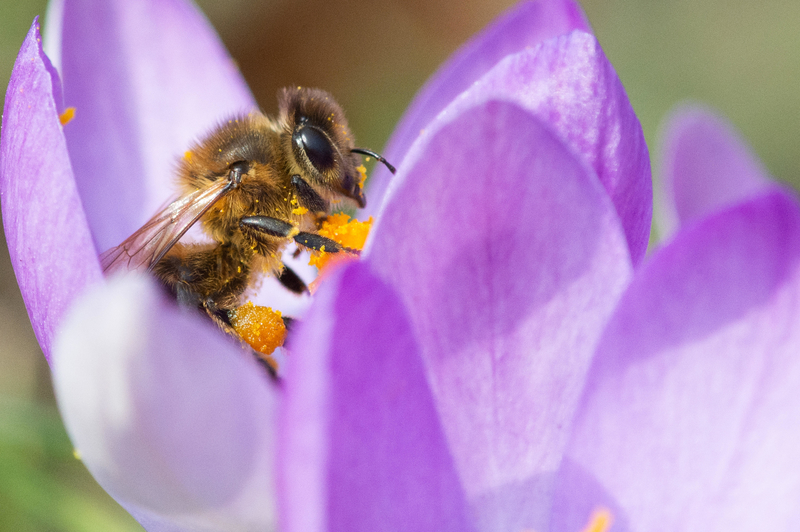
Crafty Crows
Ravens, it seems, never forget a face. In the wild, crows co-exist in groups until they select mates, then each pair veers off into a solitary, conjugal life. In this research study, researchers simulated these social arrangements and kept the pairs in separate aviaries. But the ravens still remembered their peers from group life and recognized their recorded calls, as they had different reactions to birds that they knew before than to ones they did not.
Clever Chimps
Since the turn of the 20th century, scientists have known that chimps are capable planners— for instance, they’ll stack boxes to reach a dangling bunch of bananas. In 2015, researchers at Harvard researchers decided to see whether the primates could handle something considered to be exclusively human: cooking. Cooking requires several cognitive abilities, including self-discipline, reasoning, as well as preparation. At the Tchimpounga Chimpanzee Rehabilitation Center in the Republic of the Congo, researchers offered chimpanzees a choice: They could place raw slices of food in a device that would return it to them uncooked, or in another that would give them cooked pieces. The team didn’t give the chimps the option to do real cooking out of concern that they might burn themselves. The chimps preferred the cooked food and even moved raw slices from the other device over to the “oven,” showing that they had some of the necessary cognitive skills for cooking.
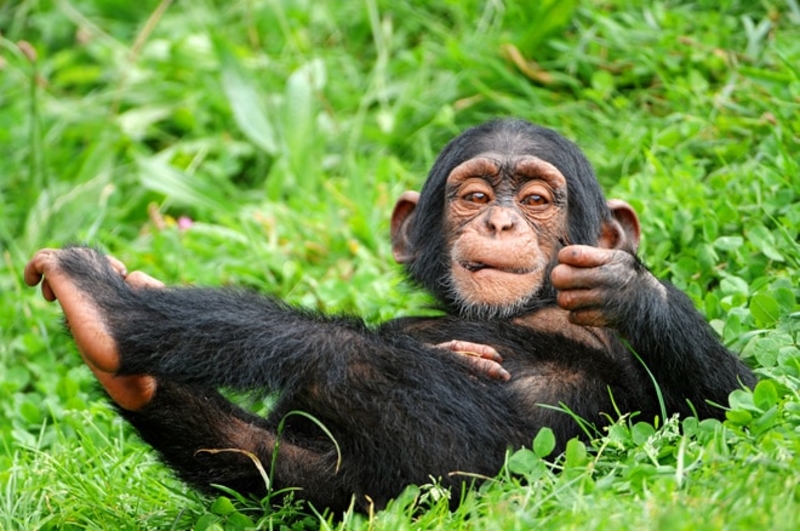
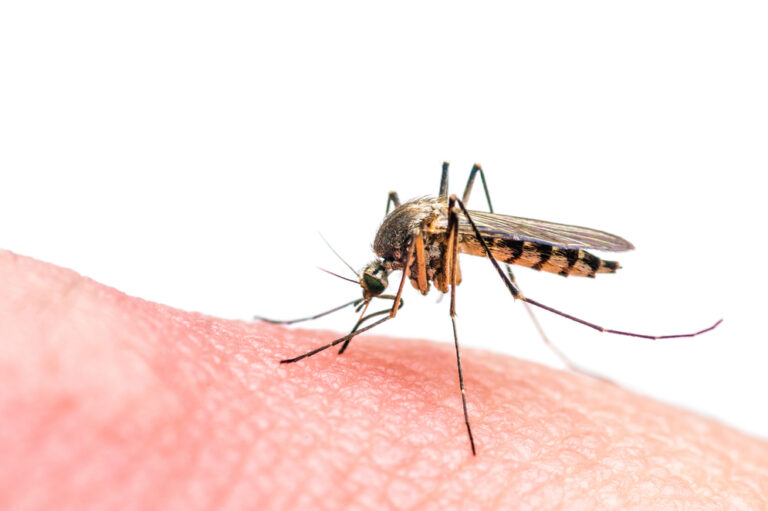
What Blood Types Do Mosquitoes Prefer?

At What Age Are People Happiest?
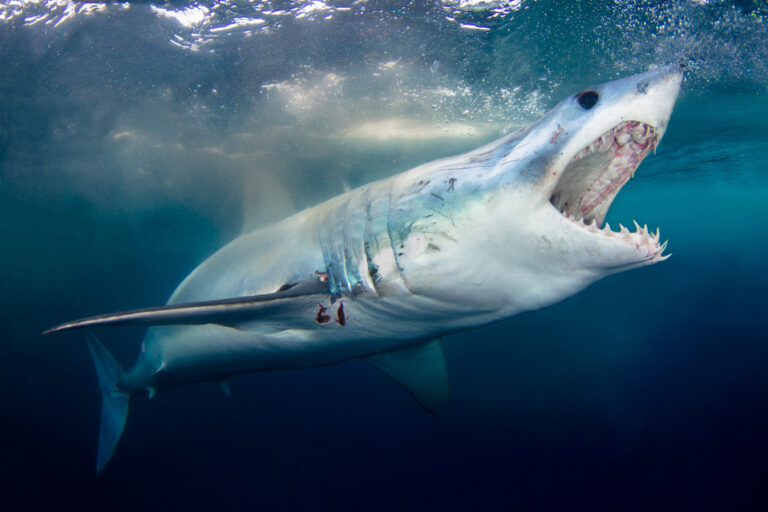
The Skin of the World’s Fastest Shark Could Be Used in Aviation

A New Organ Has Officially Been Discovered In The Human Body
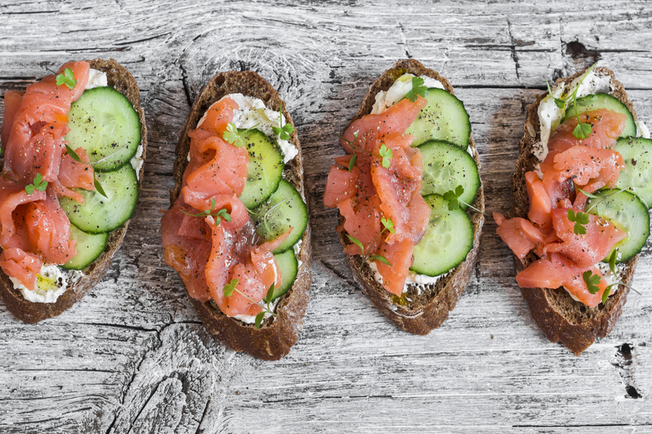
Eating the Same Breakfast Every Day Might Benefit You
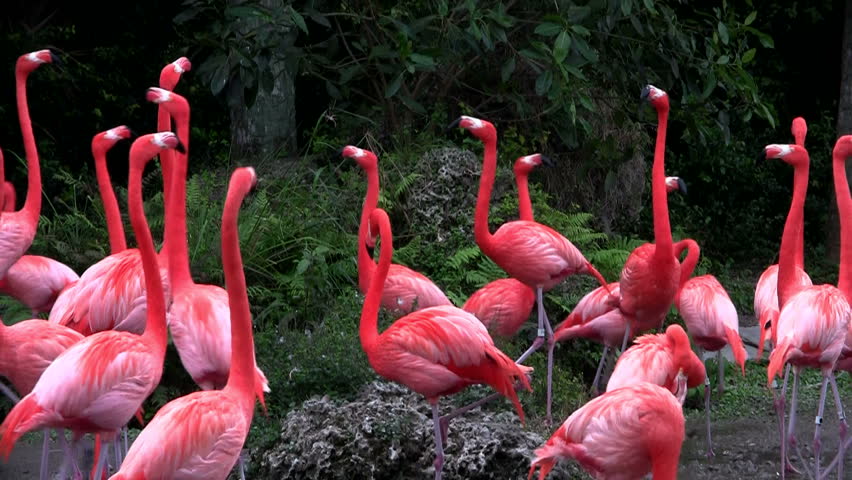
Why Flamingos Are Pink?

Incredible Concept Cars That Were Never Made

These Celebrity Doppelgängers Will Change Your Mind About Time Travel

Most Astonishing Photographs Taken By Flying Drones

Celebs and Their ‘Mini-Mes’















